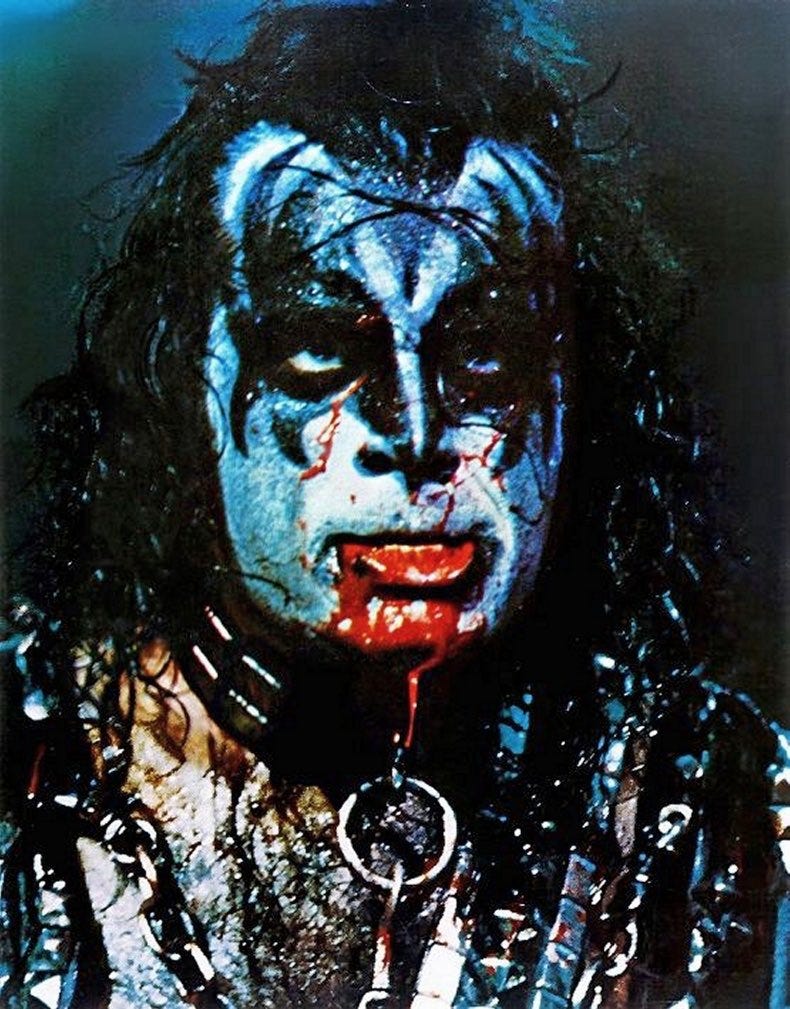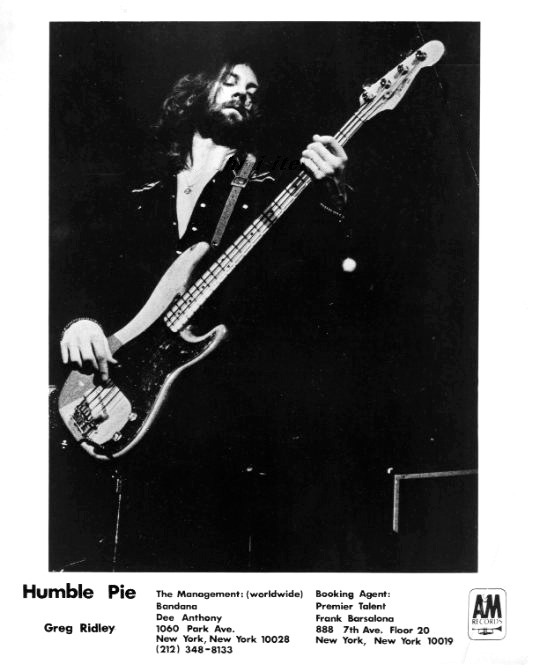At the Deli with Uncle Chaim, Part 2
Gene Simmons talks bad KISS songs, Paul Stanley as "the most popular guy in jail," and so much more in the second half of our 2003 interview
Greeting, Jagged Time Lapsers!
As the previous JTL post was ending, I was just getting into my surprisingly congenial (er, con-GENE-ial?) deli lunch interview with KISS co-leader Gene Simmons. Not wanting to keep y’all hanging, we’ll get to the rest of it today. But first, a few other orders of business.
As I was explaining to a friend the other day, one of the things I really love about Substack is that it facilitates a sense of community in a way that was much harder to achieve back when we were all just writing blogs wherever. And to that end, I like to give shoutouts to other Substacks whenever I’ve read something that really moves me, because if you dig my writing and my taste in music I figure you’ll probably dig it too.
Fr’instance, Robert C. Gilbert really nails the brilliance of Neil Diamond’s Bang Records era over at his Listening Sessions Substack, and if you know how much I love Neil’s “three chords and a cloud of brooding” period, you’ll know that I’m not gonna dish out such praise lightly. But Robert’s piece is great, and it also discusses the oft-forgotten, Neil-penned Jay & The Americans hit “Sunday and Me,” which I once performed in a solo acoustic version back in the early ‘90s to much audience head-scratching. So if Neil’s your deal, definitely give it a look.
Second, on a non-musical but personal and very moving note, my dad Irwin Epstein recently wrote a really touching, heartfelt and quite inspiring piece for the Oldster Substack about his life and love with Fran, my late stepmother. It’s sad as hell, so have some tissues handy. But it also seems to be bringing comfort and perspective to a lot of folks, and I’m really proud of him for writing it.
Third, Thursday would have been the 76th birthday of the brilliant and groundbreaking queer disco icon Sylvester. You can, and should, read the tribute I wrote to him back in March. (It’s available to all JTL subscribers, free and paid.)
Finally, I’d like to thank Jessie Ewing and Carole Roth for renewing their Founding Member subscriptions to this Substack. Your support of my writing means the world to me!
And now, on to our irregularly scheduled programming…
To reset from last time: I’ve gone to the Beverly Glen Deli on a summer afternoon in 2003 for what I figure will be a typically combative interview with Gene Simmons. Instead, I find a man who seems totally relaxed and totally down to talk about music — his own, and also stuff by other artists who have impressed and inspired him — without his usual obnoxious flair for braggadocio getting in the way.
As I write in Part 1:
I have no idea why the Gene Simmons I encounter that afternoon bears little resemblance at all to the arrogant, repulsive braggart he usually portrays himself as in interviews. Maybe he’s just in a really good mood today. Maybe he instinctively likes the cut of my jib. Or maybe the immediate presence of so much Jewish soul food just renders him more likely to parry my questions with humor, rather than smothering them with alpha-male bluster. But whatever the cause, he’s friendly, chatty, and already making with the sort of shtick that I remember hearing back in the ‘70s at my grandparents’ Jewish Seniors Center in San Diego. (“Jews and danish — don’t get me started!”)
It has taken us a while to get to the actual interview, because Gene doesn’t like to eat and be interviewed at the same time. So it’s only after our plates have been cleared — and after we’ve idly discussed several AM pop classics from the 1960s — that we really get down to business. After talking for a bit about Paul McCartney’s influence on him, I bring up another bassist that I’ve long thought must have influenced Gene at some point: Greg Ridley of Humble Pie.
ME: Was Greg Ridley a big influence on you? Because his singing and playing often sounds remarkably similar to yours, at least on Humble Pie’s early records.
GENE: Yes, I’ve heard that. I enjoyed Humble Pie a lot, but they were more like an R&B band, with that sort of minor third, blues based thing. What they did within those confines was probably the best of that genre, but those confines were too limiting for us. The Small Faces, with “Tin Soldier” and “Itchycoo Park,” were closer to what got me going, just in terms of the musical scope of the thing. It was a wider net, and you could catch more interesting fish.
When I interviewed Peter Frampton recently, he told me that Steve Marriott left the Small Faces — and he left The Herd — to form Humble Pie because they \wanted to be in a band where they would get credibility and respect as musicians, instead of having teenage girls scream at them all the time.
Fools. Fools! [laughs] It’s a delusional notion, credibility. You’ve got a bunch of guys, in any band, who are too lazy or unwilling to go to music school and really learn music theory and how to read and write music. And then you worry about credibility? From whom? From other musicians who are unskilled? Because you’ll never get credibility from jazz musicians and classical musicians; they just think you’re an amateur, or a primitive player. You either succeed — in which case people are going to be willing to put their money down — or you don’t.



